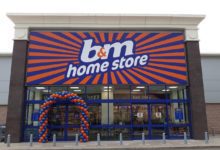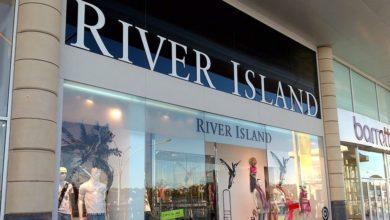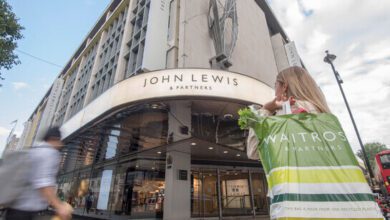What went wrong with Wilko’s and who is next in 2024

As we begin the first quarter of 2024 much of the industry will be reflecting on the sector’s 2023 performance. For the majority, It was a tough year of trading. The question is what lessons have been learnt and how will the sector behave and perform this year.
One of the big stories of last year was Wilko’s. Wilko’s started life as a family-owned hardware shop in Leicester in the 1930s. It grew to become over 400 stores throughout the UK. Last year after over 90 years of trading and with assets worth over 100 million Wilkos went into administration and the online side of the business was sold to The Range for 5M. However, back in September, it had been due to be acquired by discount chain B&M for a much higher price of 13m which aimed to take on 51 high street stores. That deal fell through at the last minute. During my thirty years as a business owner as well as coaching businesses through exits, mergers and acquisitions most are time-consuming but successful. However, I have seen some that I haven’t been directly involved in fall through at the last minute. The specific reasons for this differed but the common thread was that due diligence had not been done properly.
Many studies tell us that between 70-90% of Mergers and Acquisitions (M&A’s) fail each year. Indeed the ONS reported that from July to September 2023, there were 117 fewer domestic and cross-border mergers and acquisitions (M&A) from April to June 2023. It is widely anticipated that with the economy not recovering as quickly as anticipated and interest rate rises only recently slowing means that we will see more M&As this year in the UK.
The M&A process is a protracted one and very rarely runs smoothly. Wilko’s failed acquisition by B&M means they dropped 8 million pounds in sale value. When buying a company, detailed research into their trading both historic and current including general revenue and profit and loss is critical. It is time-consuming and sometimes takes months of going through trading figures and debt. It means looking at overheads and competitors. It is also important to evaluate those findings against the performance of the economy and the zeitgeist. When things don’t add up and it is not clear how the necessary revenue will be achieved even through making changes, then the deal falls.
The aim is to realise those factors quickly to ensure the deal has legs before you start moving forward and making announcements. It seems that B&M decided there wasn’t much to buy in the end. Wilko’s was selling cheap products that people could get even cheaper online. Another issue currently is that often consumers find the high street isn’t holding enough stock which means the products they want to buy physically aren’t there. The Internet provides consumers with a wholesale marketplace. Wilko has a fairly robust online presence which would explain the 5m purchase price paid by The Range.
Economic downturns such as the one we are in can provide opportunities for those wanting to acquire companies as valuations may be lower. However, financing can be challenging, and companies may be more cautious in their M&A strategies. In an economy such as the one we find ourselves in currently, experience-led shopping is not having quite the effect we anticipated. We thought this may be the answer for high street retail. However, the economy and the supply chain issues we are still seeing have pushed many of us back online and away from the high street. Consumers say that they often get more choices and better value for money online.
This year many large retailers are feeling the heat. For example, House of Fraser has decided to come out of one of the UK’s largest shopping centres, Lakeside. Will it go purely online? Maybe. House of Fraser is all about discretionary spending. Consumers do not shop there to buy a Hugo Boss top because it is a necessity. For those retailers not offering necessities at a lower cost than their competitors, in this economy and going into 2024 they may find trading difficult. Another household brand to consider is John Lewis. They are doing a stock check of their sites and worth. 2024 will provide a tricky trading time for all retailers big and small.
There is an expectation that things will start to improve towards Q4 of this year. Whilst that feels a long way off it is not only how well retailers plan for the first three quarters of trading in a fairly stagnant economy but also how well they read their market which will decide their fate.
Peter Boolkah has over 20 years experience as a global business coach helping businesses to scale up and grow their revenue.











